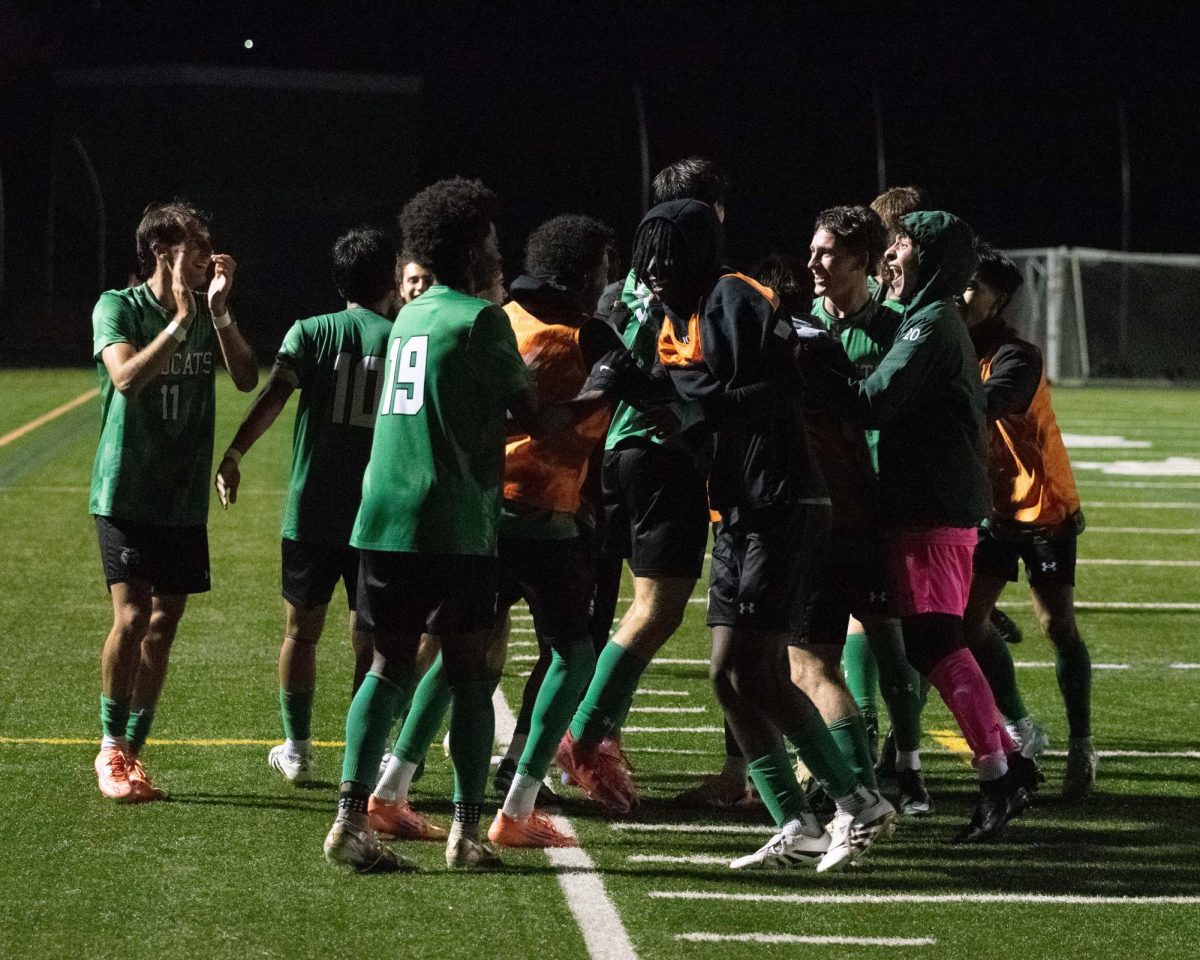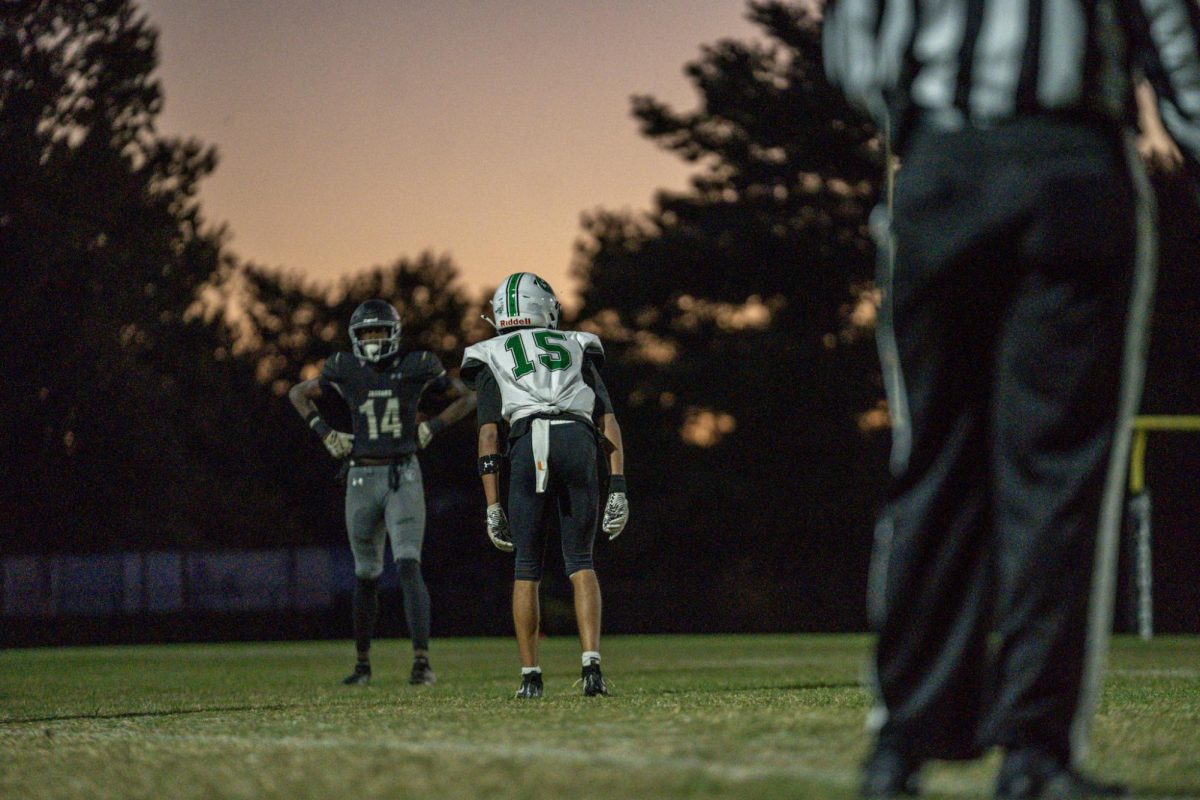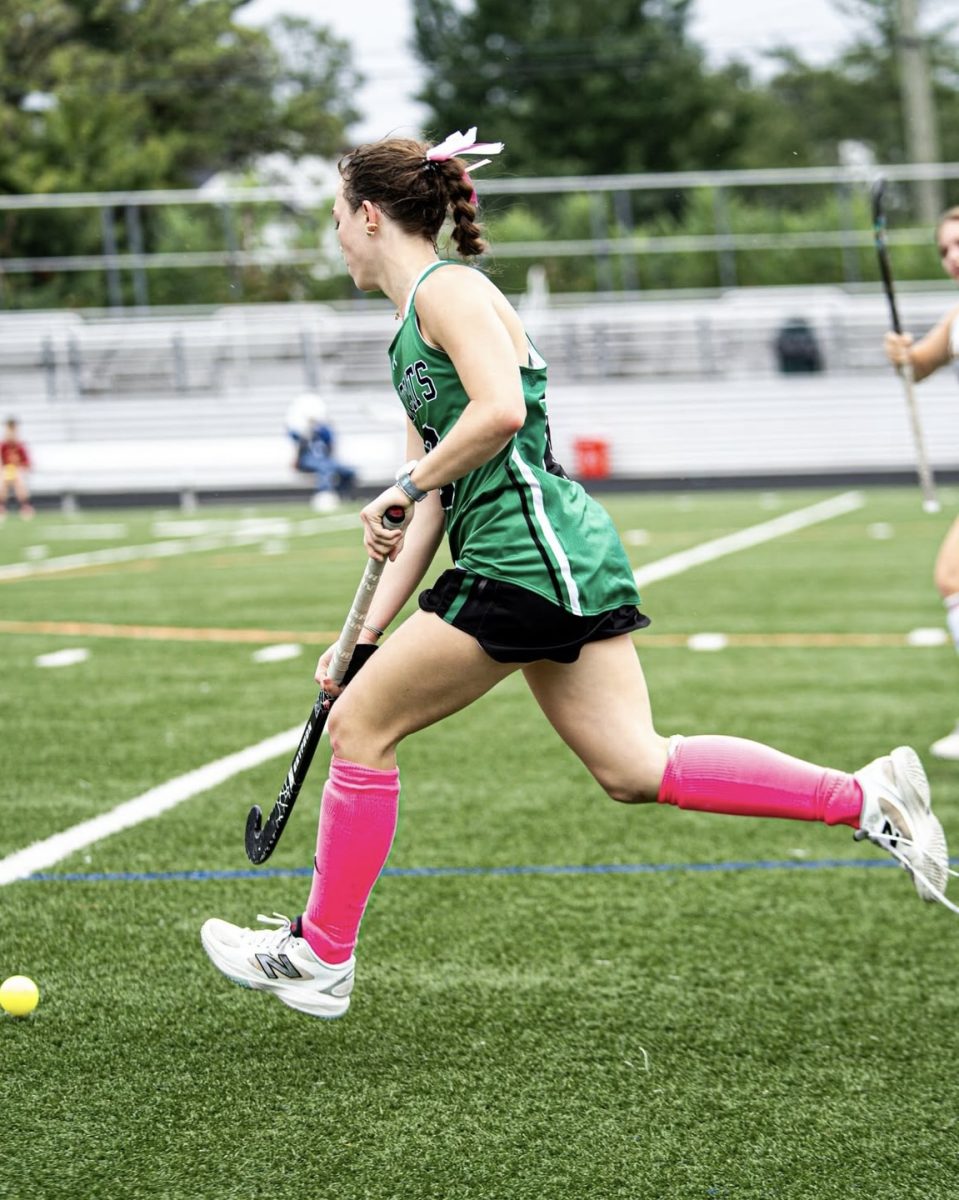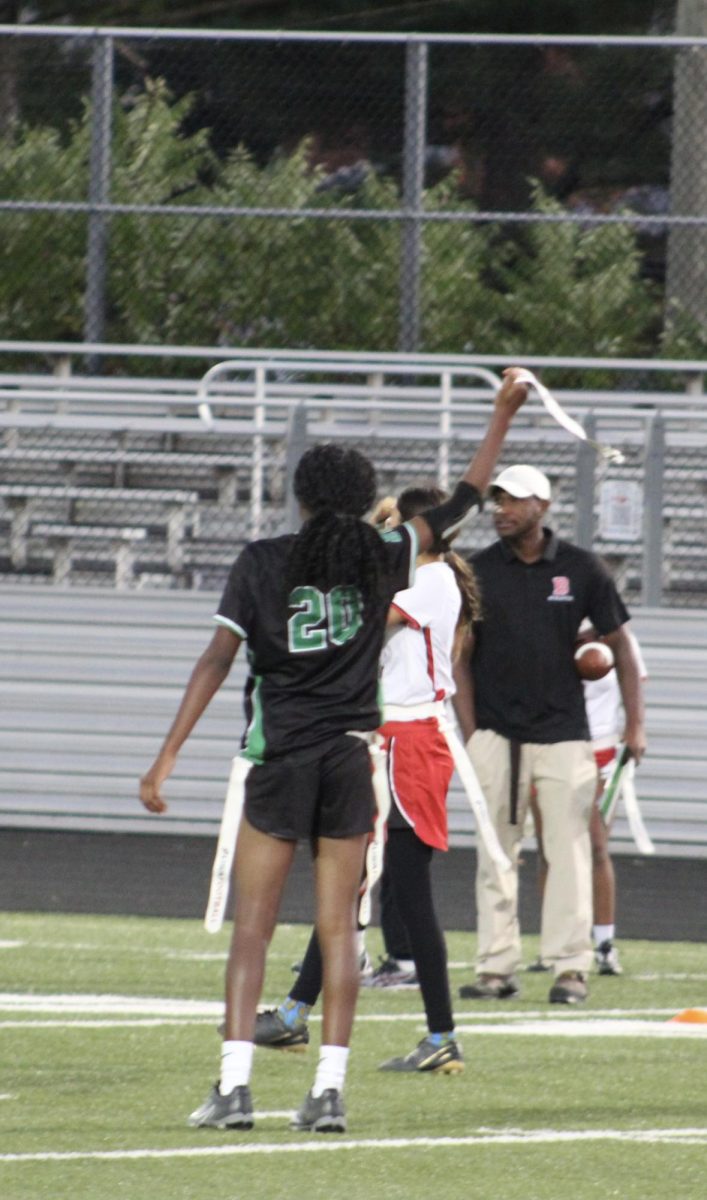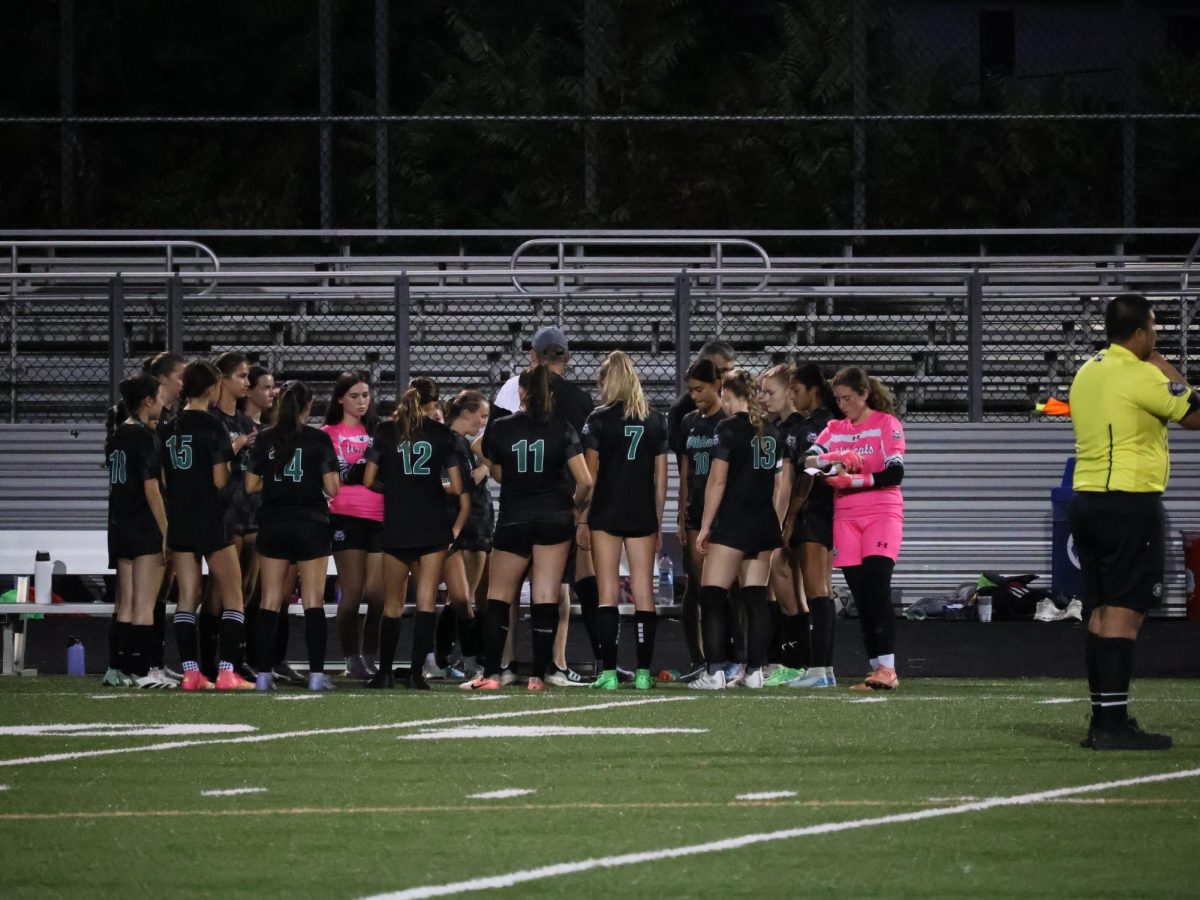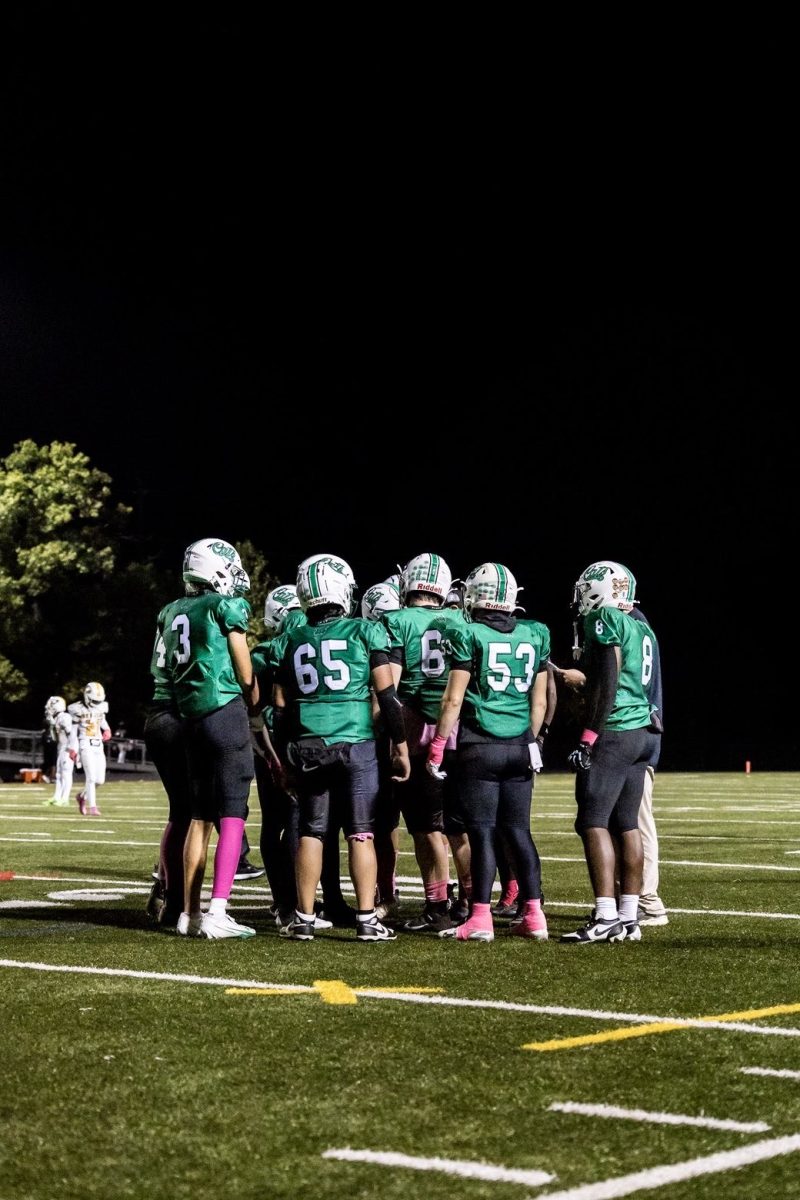The underground Bookie system within high schools and colleges in the country collects hundreds of thousands of dollars weekly from underage gamblers across the nation. The popularization and apparent normalization of sports betting combined with the underdeveloped, risk seeking teenage brain blend to create a perfect, profit inducing, storm for the underbelly of sports gambling in America.
If you watch sports, follow sports or even have a distant cousin who tunes into a game here and there, online sports betting has likely been shoved in your face through massive national advertising campaigns. Maryland’s recent legalization of online sports betting has obviously generated a local surge in advertisement, but the national excitement that has been created has pulled in a younger crowd as well, searching for somewhere to place their bets.
While high schoolers or underage college students could use an older relative or friend’s identity to place sports bets via legal nationwide Books like FanDuel, DraftKings or MGM, the more convenient place to turn for under-the-table underage gambling is a Bookie.
“I know a decent amount of people who use a Bookie [at WJ] but none of them are as sharp as me cause I’m the king of betting at WJ,” senior Coleman Santy said.
The Bookie system of today relies on a pyramid structure, wherein Bookies make up numerous levels, all falling under one financial Backer. The Backer has a network of agents (Bookies) with sub agents with sub agents, etc. There isn’t a risk of losing money as a Bookie because the Backers are the ones paying out the bets themselves, with the Bookies acting as middlemen, only keeping a percentage of the money that flows through them and up the pyramid.
Bookies, in the traditional sense, are people who can legally place bets on behalf of others, paying out the winnings or collecting the losses. As the internet and the sports gambling world have continued to grow exponentially, the role and purpose of a Bookie has shifted.
“Even before it was legal in Maryland I heard about people using bookies a lot. There were people I knew that used them and they were pretty easily accessible,” University of South Carolina freshman and WJ graduate Sam Grande said.
A Bookie, in a modern sense, will be operating through a website, similar to legal books, that is paid for by the Backer. When someone joins the book, they’re given a log in to the site where they’ll be able to place bets on sports ranging all the way from basketball to cycling, no form of identification needed. There’s no upfront input of money by the user, rather the site keeps track of their winnings or losses for the week, after which the Bookie and user settle the difference. This lack of initial funding is a slight logistical difference compared to legal online sports betting, with the fundamental difference being a complete lack of regulation.
“This week my sheet [all users under him + sub agent] was down $1,800. It’s usually like 500-1000 dollars every week but it gets up to 1500-2000 pretty easily. There’s no real average though, sports and users’ win percentage change so much week to week,” an anonymous high school Bookie said.
The pipeline to becoming a Bookie is as follows: a friend is placing bets through a Bookie → start placing bets through a Bookie → become a sub agent of your Bookie and the process continues, ultimately creating a massive ring of underage Bookies serving other people their age. The national ring of high school and college aged Bookies is likely backed at the highest levels by people older and much wealthier, with networks of underaged people doing their bidding.
“There’s Bookies everywhere. Someone always knows a Bookie. I have like six sub agents under me from different schools and the person above me has like four or five of ‘me,’” an anonymous high school Bookie said.



